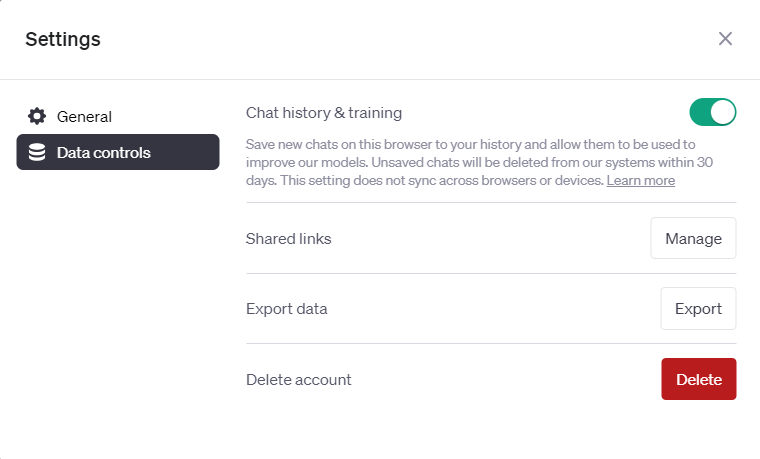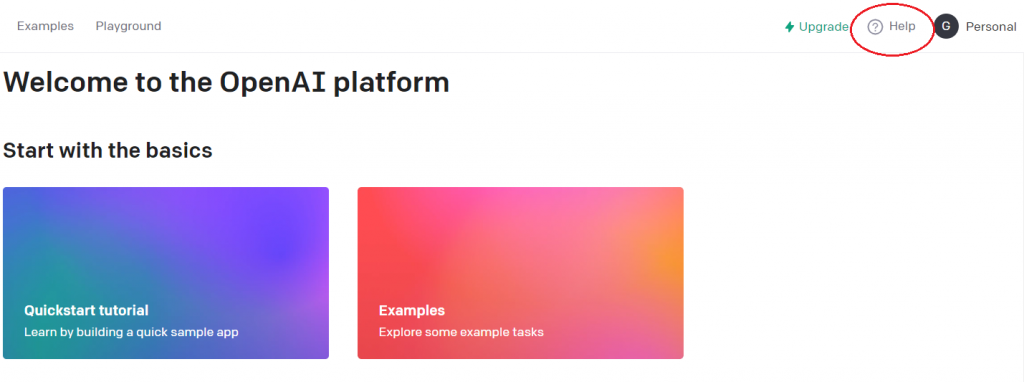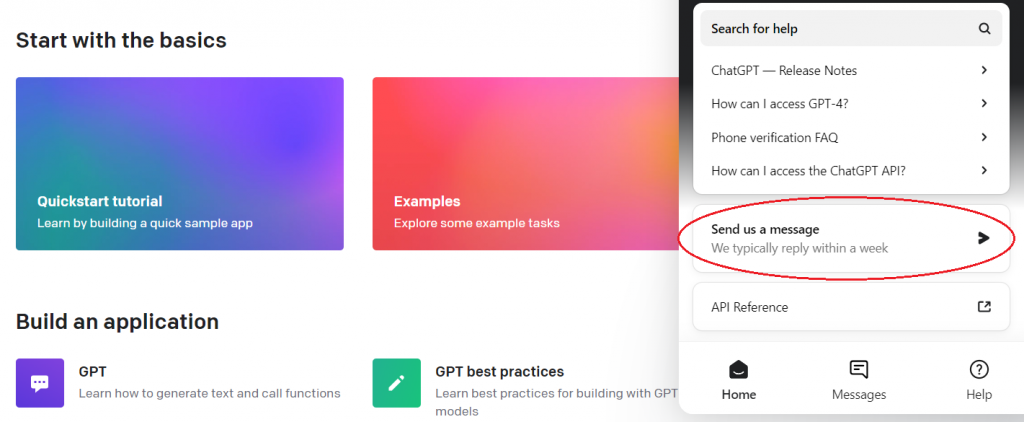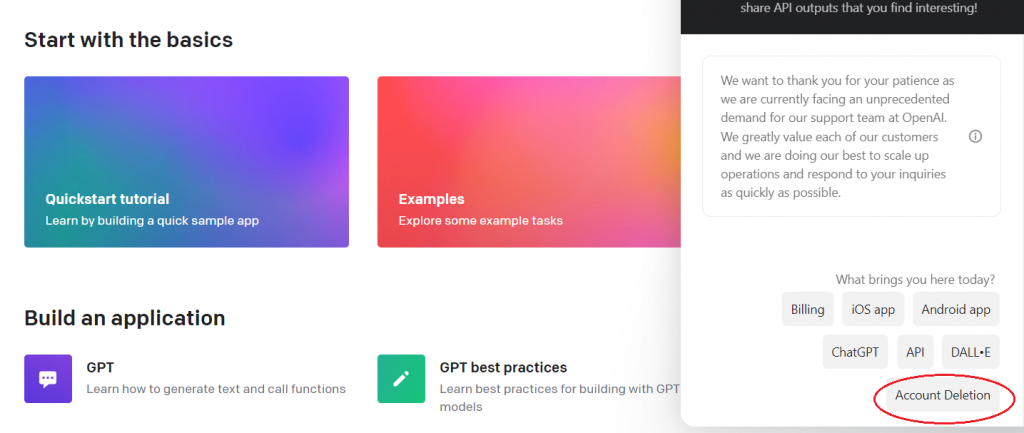Since its inception in November 2022, ChatGPT, the renowned chatbot crafted by OpenAI, has swiftly risen to unprecedented heights, becoming the most rapidly expanding web platform to date. Using the strength of artificial intelligence (AI) along with large language models (LLMs), ChatGPT smartly explores huge sets of data, figuring out complex patterns, and creating text that remarkably resembles human language.
It has over 100 million users and is widely used for tasks like:
- writing articles
- drafting emails
- learning language
- analyzing data
- coding
- translating language
But is ChatGPT safe to use?
| In this article, we delve into OpenAI’s utilization of personal data, the security features of ChatGPT, and the potential risks associated with its usage. Additionally, we provide a comprehensive guide on employing the tool safely and, if needed, thoroughly removing ChatGPT data for added peace of mind. |

What kind of data does ChatGPT collect?
OpenAI engages in diverse methods of data collection and utilization, which we’ll explore below.
Personal data in training
ChatGPT’s training involves publicly available data, which may include the personal information of individuals. OpenAI asserts that they have implemented measures to minimize the processing of such data during ChatGPT’s training. They achieve this by excluding websites with substantial personal information and teaching the tool to refuse requests for sensitive data.
Additionally, OpenAI maintains that individuals have the right to exercise various rights concerning the personal information present in the training data. These rights encompass the ability to:
- access
- correct
- delete
- restrict
- transfer
Nevertheless, the specific details regarding the data utilized to train ChatGPT remain unclear, raising questions about potential conflicts with regional privacy laws. For instance, in March 2023, Italy took the step of temporarily banning the use of ChatGPT due to concerns surrounding its compliance with GDPR (General Data Protection Regulations).
User data
Similar to many other online services, OpenAI gathers user data, such as names, email addresses, IP addresses, etc., to facilitate service provision, user communication, and analytics aimed at enhancing the quality of their offerings. It’s important to note that OpenAI neither sells this data nor employs it for training their tools.
Interactions with ChatGPT
- As a standard practice, ChatGPT conversations are usually kept by OpenAI to train future models and handle any issues that may arise. or glitches. Human AI trainers may also monitor these interactions.
- OpenAI upholds a policy of not selling training information to third parties.
- The specific duration for which OpenAI stores these conversations remains uncertain. They assert that the retention period is based on the necessity to fulfill their intended purpose, which may take into account legal obligations and the information’s relevance for model updates.
However, users can opt out of having their content used to train ChatGPT and can also request that OpenAI delete the content of their past conversations. This process can take up to 30 days.

The security protocols implemented by OpenAI
While the precise details of their safety measures are not divulged, OpenAI asserts to safeguard training data using the following approaches:
- Measures encompassing technical, physical, and administrative aspects. To safeguard training data, OpenAI employs security measures such as access controls, audit logs, read-only permissions, and data encryption.
- External security audits. OpenAI adheres to SOC 2 Type 2 compliance, signifying that the company undergoes an annual third-party audit to evaluate its internal controls and security measures.
- Vulnerability reward programs. OpenAI actively invites ethical hackers and security researchers to assess the tool’s security and responsibly disclose any identified issues.
In matters of regional privacy regulation, OpenAI has undertaken a comprehensive data protection impact assessment, asserting compliance with GDPR, which safeguards the privacy and data of EU citizens, and CCPA, which protects the data and privacy of California citizens.

What are the key risks of using ChatGPT?
There are several potential risks associated with using ChatGPT:
- Cybercrime driven by AI technology. Certain malicious individuals avoid ChatGPT’s limitations by employing bash scripts and other techniques to create phishing emails and generate harmful code. This malevolent code can aid them in crafting programs with the sole intent of causing disruption, damage, or unauthorized access to computer systems.
- Issues related to copyright. ChatGPT’s human-like language generation relies on extensive data training from diverse sources, implying that its responses originate from others. However, since ChatGPT doesn’t attribute sources or consider copyright, using its content without proper acknowledgment can lead to inadvertent copyright infringement, as observed in tests where some of the generated content was flagged by plagiarism checkers.
- Errors in facts. ChatGPT’s data capacity is restricted to events preceding September 2021, resulting in it often being unable to provide answers about current events past that date. However, during tests, it occasionally offered responses even when lacking accurate information, leading to misinformation. Moreover, it has the potential to produce biased content.
- Concerns regarding data and privacy. Requires personal information like an email address and phone number, making it far from anonymous. More troubling is OpenAI’s ability to share collected data with unspecified third parties, and its employees potentially reviewing your conversations with ChatGPT, all in the pursuit of enhancing the chatbot’s responses, but this raises privacy concerns.
| It is important to find a balance between technological advancement and responsible use is crucial, as it impacts not only individual users but also the broader digital landscape. As AI gets better, regularly checking and updating safety measures will be very important for using it to make society better and reduce possible problems. |
Guidelines for ensuring safe usage of ChatGPT
Here are some steps that can assist you in using ChatGPT securely.
- Take the time to examine the privacy policy and how data is managed. Be aware of any changes and only use the tool if you agree to the stated use of your personal data.
- Avoid entering confidential details. Since ChatGPT learns from user inputs, it’s best to refrain from entering personal or sensitive information into the tool.
- Only use ChatGPT via the official OpenAI website or app. The official ChatGPT app is currently accessible solely on iOS devices. If you lack an iOS device, opt for the official OpenAI website to access the tool. Therefore, any program appearing as a downloadable Android app is deceptive.
You should avoid any and all unofficial downloadable apps, including:
- ChatGPT 3: Chat GPT AI
- Talk GPT – Talk to ChatGPT
- GPT Writing Assistant, AI Chat.

A 3-step guide to thoroughly deleting ChatGPT data:
Log into your OpenAI account (via platform.openai.com) and click the ‘Help‘ button in the top right corner. This action will launch the Help Chat, where you’ll find choices to explore OpenAI’s FAQ sections, send a message to their customer support team, or participate in the community forum.

Click on the option labeled ‘Send us a message’. The chatbot will then present you with several choices, among which is ‘Account Deletion‘.

Select ‘Account Deletion‘ and follow the provided steps. After confirming your desire to delete the account, you’ll receive a confirmation once the deletion process is finalized, although this could take up to four weeks.

Alternatively, you can use email support. Remember, it might require several confirmation emails to get your request authorized, and the complete removal of your account might still take some time.
Conclusion
| Undoubtedly, ChatGPT stands as an impressive example of AI technology. Nonetheless, it’s essential to acknowledge that this AI bot might introduce challenges. The model’s ability to propagate misinformation and generate biased content is a matter that warrants attention. To safeguard yourself, consider fact-checking any information provided by ChatGPT through your own research. Additionally, it’s wise to remember that regardless of ChatGPT’s responses, accuracy or correctness is not assured. |
